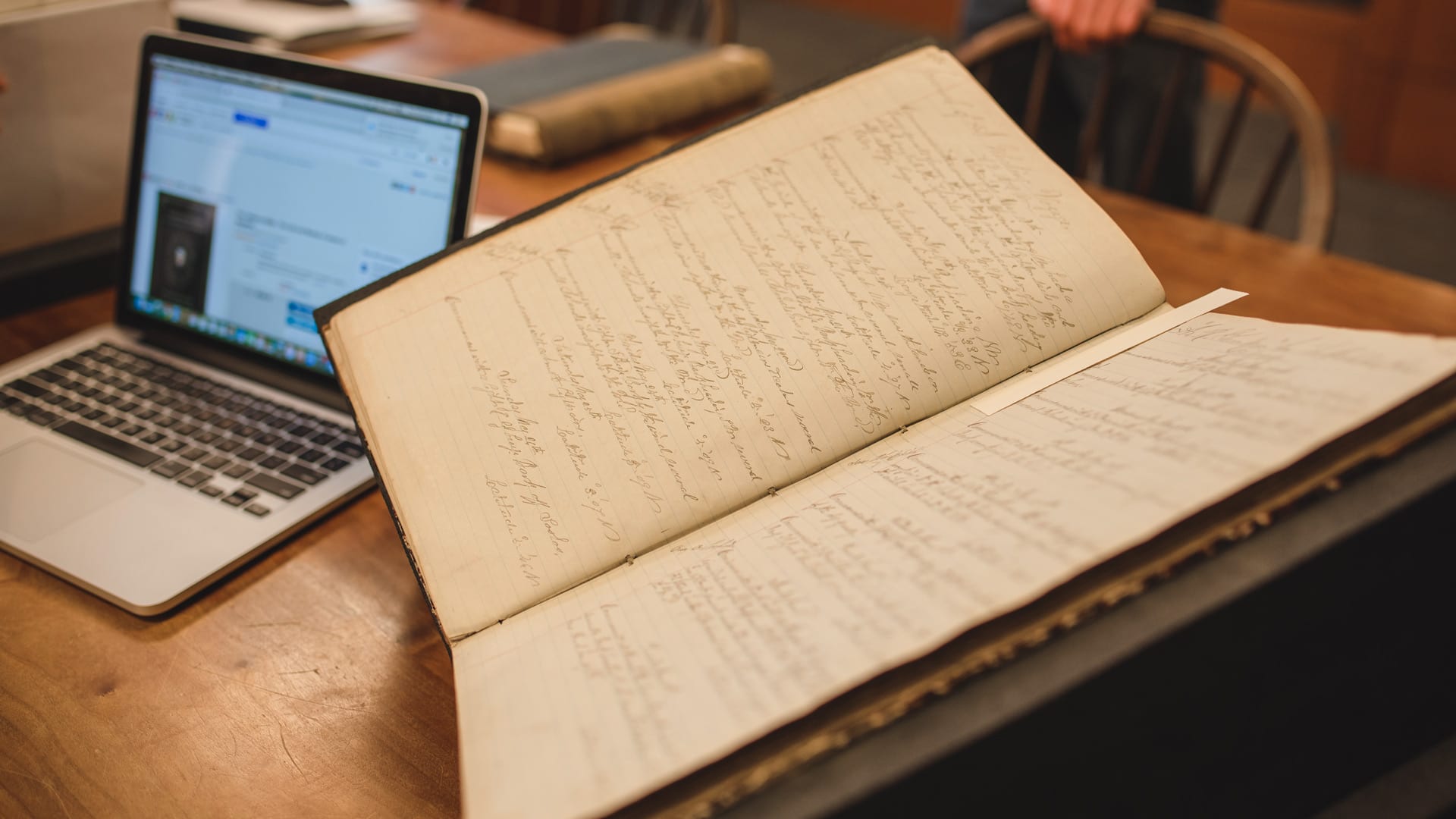Centuries-Old Sea Captain Diaries Are Confirming Modern Climate Science

Credit to Author: Becky Ferreira| Date: Fri, 28 Jun 2019 19:45:59 +0000
When 19th century whalers jotted down weather and temperature measurements at sea, few might have imagined that their logbooks would become records of a warming planet more than 150 years later.
But that’s exactly the kind of value that climate scientists such as Caroline Ummenhofer of the Woods Hole Oceanographic Institution see in whaling logbooks. Packed with daily local observations, they can be used to corroborate climate change trends revealed in standardized temperature readings and geological records.
“We’ve observed a lot of changes over recent decades, including warming oceans, melting ice sheets on Greenland, shifts in weather patterns, and more frequent, intense droughts and floods,” said Ummenhofer in a statement.
“However, in many remote areas, such as the Arctic, we lack long datasets that can put recent observations into a long-term context,” she added. “This has limited our ability to understand how shifting weather and climate patterns may affect human society and ecosystems.”
The notes taken by whaling captains and first mates can help to fill in some of the gaps left in the record of mean global temperatures, which only extends back to 1880. American whaler diaries, in contrast, have been kept since the late 1700s, adding more than a century of supplementary observations to the climate record.
The logbooks also contain information about remote ocean locations rarely visited by other types of vessels, at that time, such as war and merchant ships, which tended to stick to established sea routes. Whalers deviated from these shipping lanes to find far-flung areas known for an abundance of marine mammals.
In particular, regions where climate change is wreaking the most havoc, such as the Arctic and the Indian Ocean, can be contextualized by whalers’ accounts of monsoons, ice cover, and other local weather phenomena.
For instance, whalers and many other mariners depended on the windy conditions in the so-called Roaring Forties band of latitude to propel them across the Indian Ocean. In recent decades, however, the winds have been shifting south into latitudes known as the Furious Fifties. Whaling logbooks may contain clues about how and when this trend began.
Read More: Cleopatra’s Downfall Was Partly Sparked by Climate Change and Volcanoes
Ummenhofer has partnered with Timothy Walker, a historian at the University of Massachusetts Dartmouth, to collect, examine, and digitize the logbooks preserved in many institutions around New England, which was the epicenter of America’s whaling industry.
“By bringing together a team of oceanographers, climatologists, and historians, we’re in a position to extract the climate data we need to make better sense of the past,” she said, “while showcasing how this aspect of our local history here in New England still has relevance today.”
This article originally appeared on VICE US.